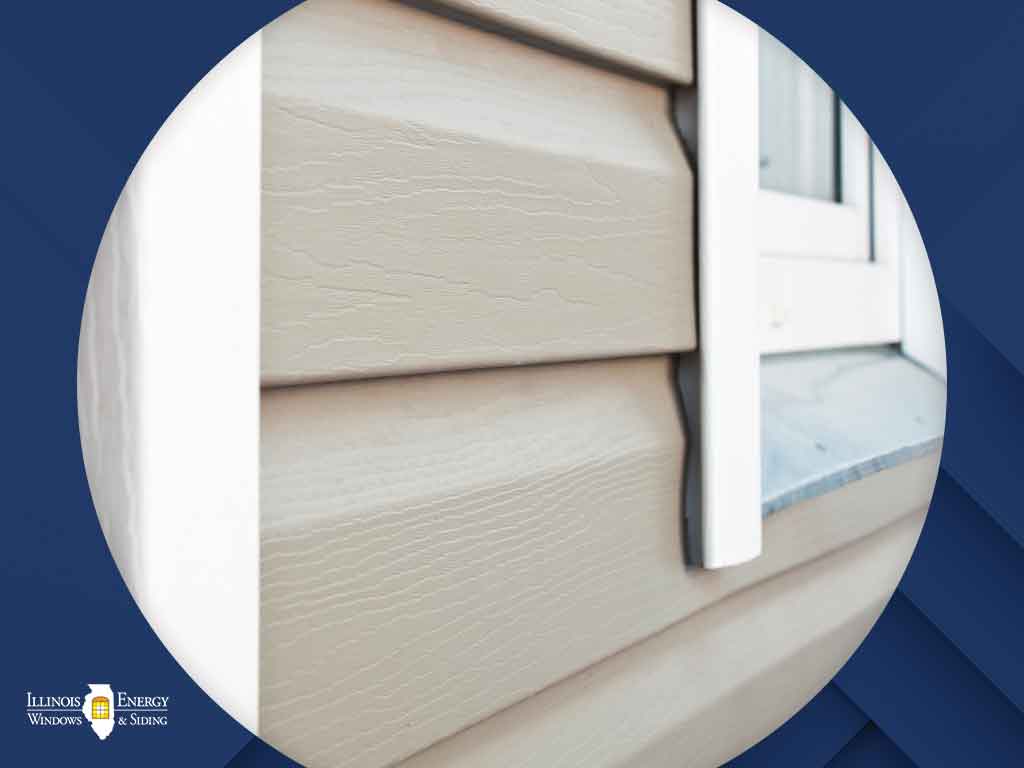
Ozone Depletion
Ozone depletion is when certain chemicals are released into the atmosphere and damage the ozone layer. While vinyl siding is shown to have huge impacts on the criteria of the Environmental Impact Score, one of the few categories it didn’t really do well in is ozone depletion. Unfortunately, fiber cement and cedar board managed to take the lead in this category. However, that doesn’t mean that you should write off vinyl siding immediately as it still performs better in other categories.
Smog
As you likely know, smog can cause respiratory problems for humans. Insulated vinyl siding has lower smog impacts when it comes to smog compared to cedar board and brick and mortar, allowing your household to remain safe from respiratory problems that smog can bring.
Global Warming
During the manufacturing process of a product, carbon dioxide and greenhouse gasses are emitted, which can cause heat to be trapped close to Earth and contribute to global warming. Once again, vinyl and insulated vinyl siding shown lower impacts in global warming compared to fiber cement siding.
Acidification
Acidification is the instance when an item becomes acidic, which in turn can affect air quality. The average vinyl siding and insulated vinyl siding was shown to have lower impacts on acidification compared to other exterior products, allowing air quality to remain safe for everyone.
Eutrophication
Eutrophication is an excessive richness of nutrients in bodies of water due to runoff from land, causing rapid algae growth that can absorb oxygen from the water and harm marine wildlife. Vinyl siding has shown to cause less eutrophication compared to other siding products like cedar board siding.
Non-Carcinogenic Impact
Non-carcinogenic describe substances that don’t cause cancer. When it comes to the numbers, vinyl siding has shown better non-carcinogenic impact compared to fiber cement’s 1%
For the best results, turn to Illinois Energy Windows & Siding, Inc., for your home improvement needs. We are your leading provider of siding and window installation services. Give us a call at (630) 219-1860, or fill out our contact form to schedule a free consultation. We serve homeowners in Highland Park, Evanston, Park Ridge and other nearby areas.
Tags
Subscribe to Illinois Energy Windows & Siding's Blog




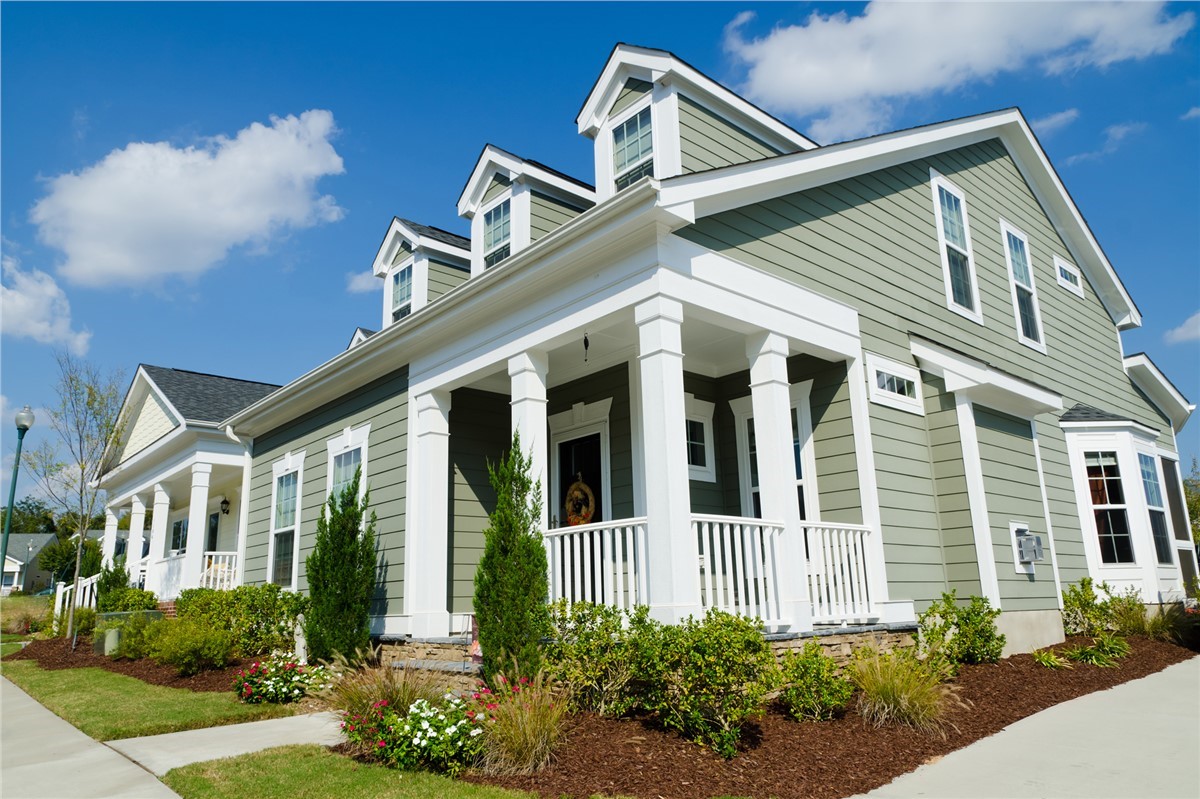
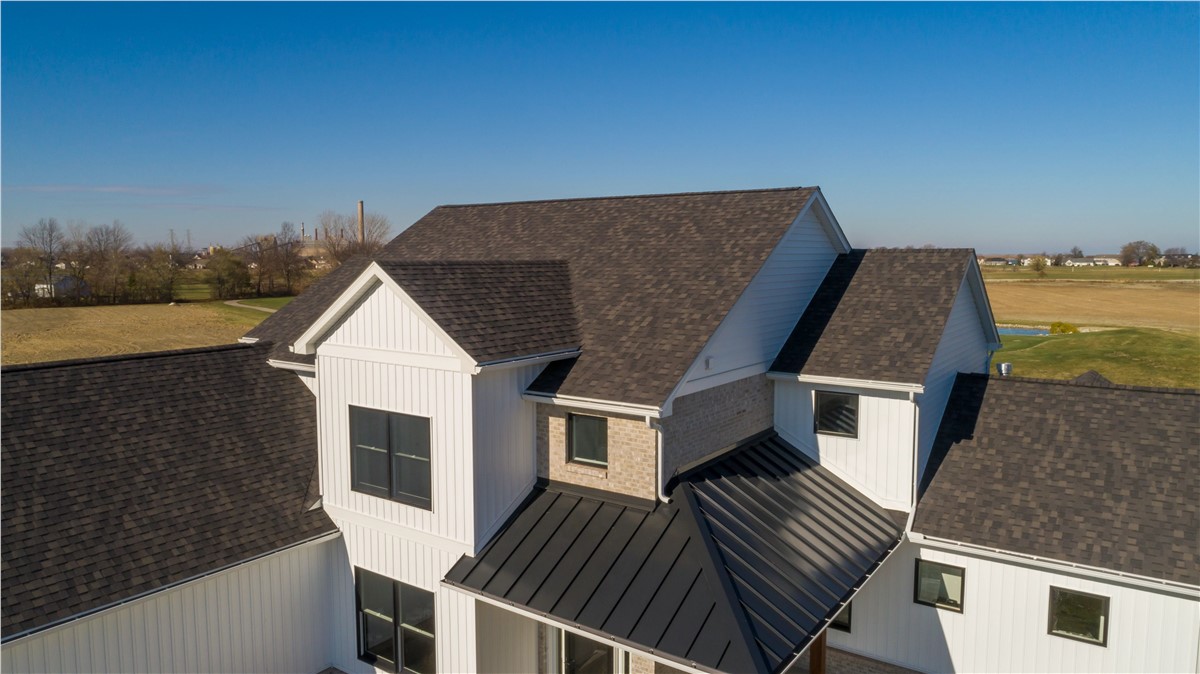
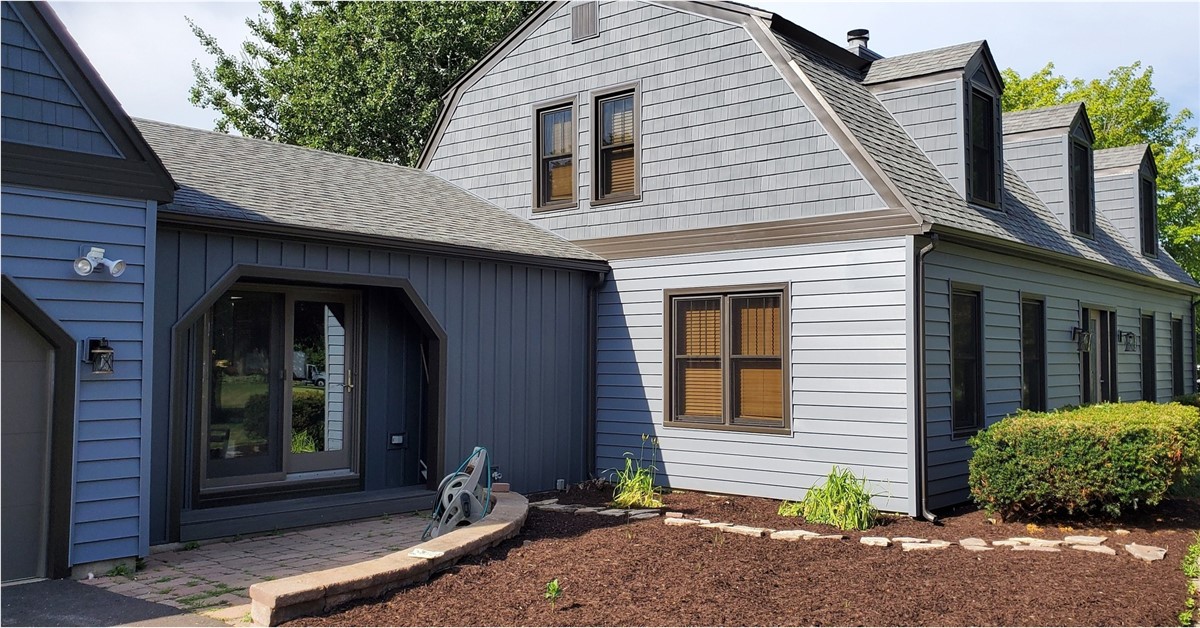
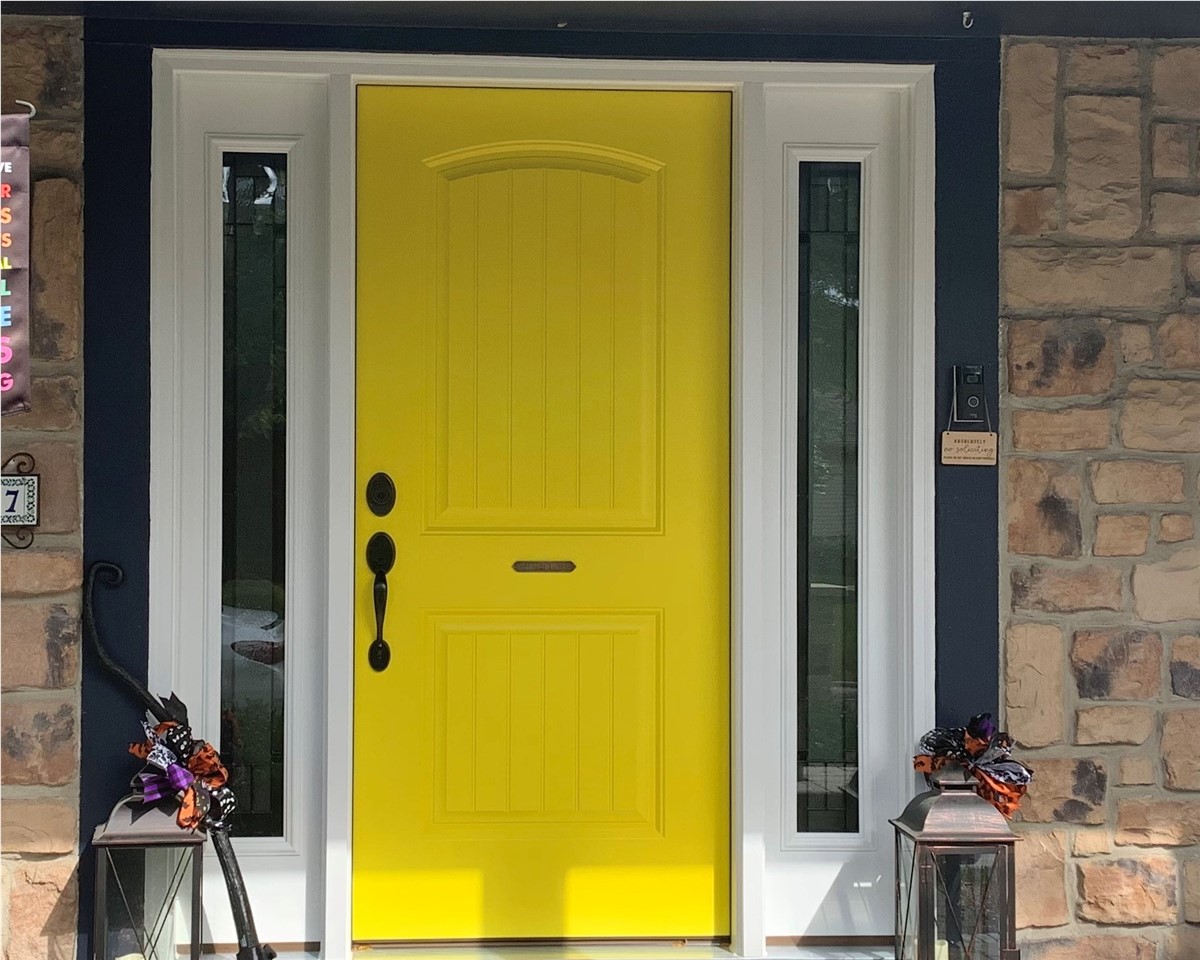
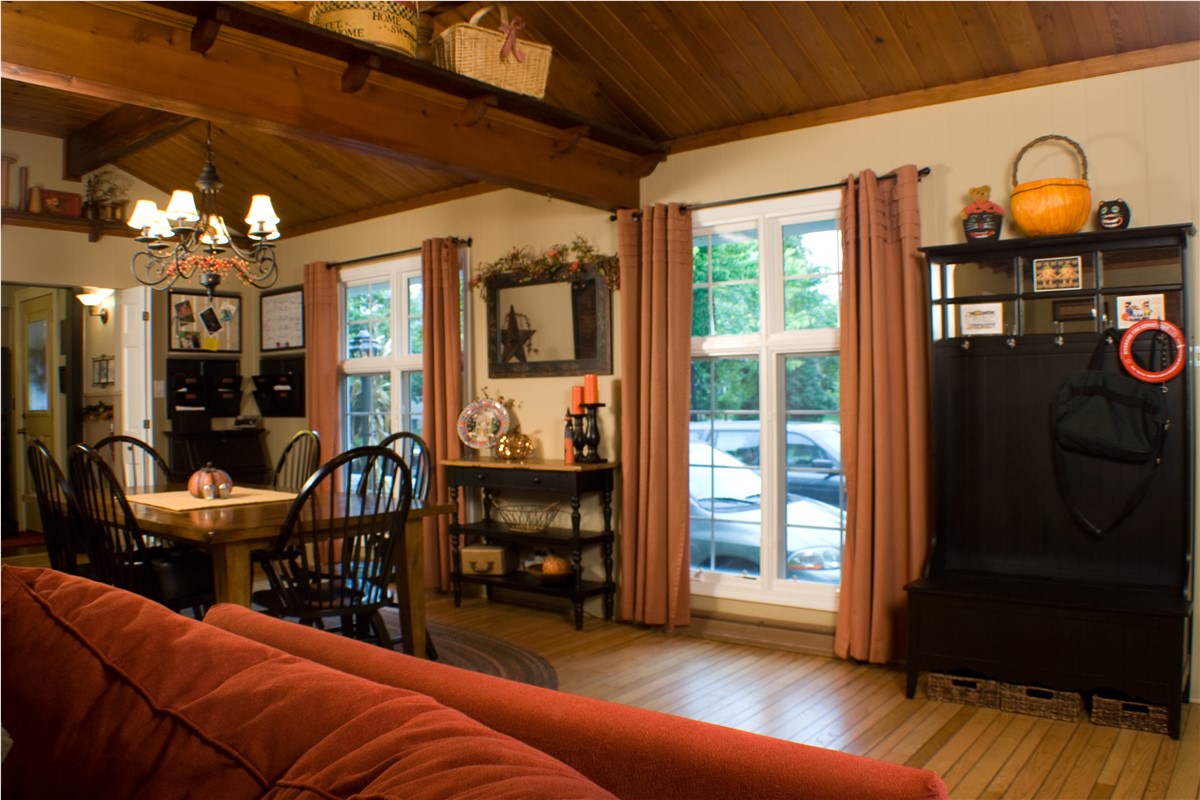
Comments